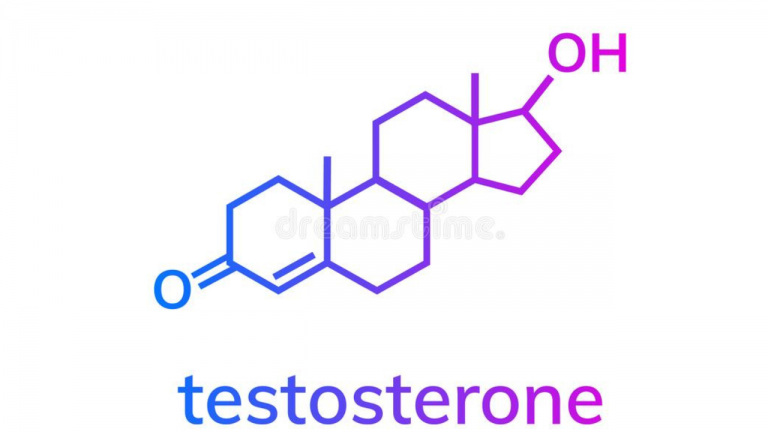The Science Behind Insomnia

Insomnia is a complex sleep disorder that can have many underlying causes. In general, insomnia occurs when the brain has difficulty initiating or maintaining sleep, or when the quality of sleep is poor. There are several scientific theories that attempt to explain the causes of insomnia:
Hyperarousal Theory: This theory suggests that insomnia is caused by an overactive “arousal system” in the brain, which makes it difficult to relax and fall asleep. The arousal system includes the sympathetic nervous system, which is responsible for the “fight or flight” response, and the hypothalamic-pituitary-adrenal (HPA) axis, which regulates the body’s response to stress.
Homeostatic Model: This theory proposes that insomnia is the result of an imbalance in the body’s homeostatic sleep drive, which is the natural tendency to fall asleep when the body needs rest. The homeostatic model suggests that when this drive is weakened or disrupted, it becomes harder to fall asleep.
Circadian Rhythm Model: This theory suggests that insomnia is caused by a misalignment between the body’s internal circadian rhythm and the external environment. The circadian rhythm is a 24-hour cycle that regulates many bodily functions, including sleep and wakefulness.
Cognitive-Behavioral Model: This theory suggests that insomnia is caused by maladaptive thoughts and behaviors related to sleep. According to this model, people with insomnia may have unrealistic expectations about how much sleep they need or may engage in behaviors that make it harder to fall asleep, such as spending too much time in bed during the day.
Medical Conditions: Insomnia can also be caused by a variety of medical conditions, such as chronic pain, sleep apnea, restless leg syndrome, and certain medications.
Overall, insomnia is a complex condition that can have many underlying causes, both biological and psychological. Treatment for insomnia may involve addressing these underlying factors through lifestyle changes, cognitive-behavioral therapy, and medication, as appropriate.


